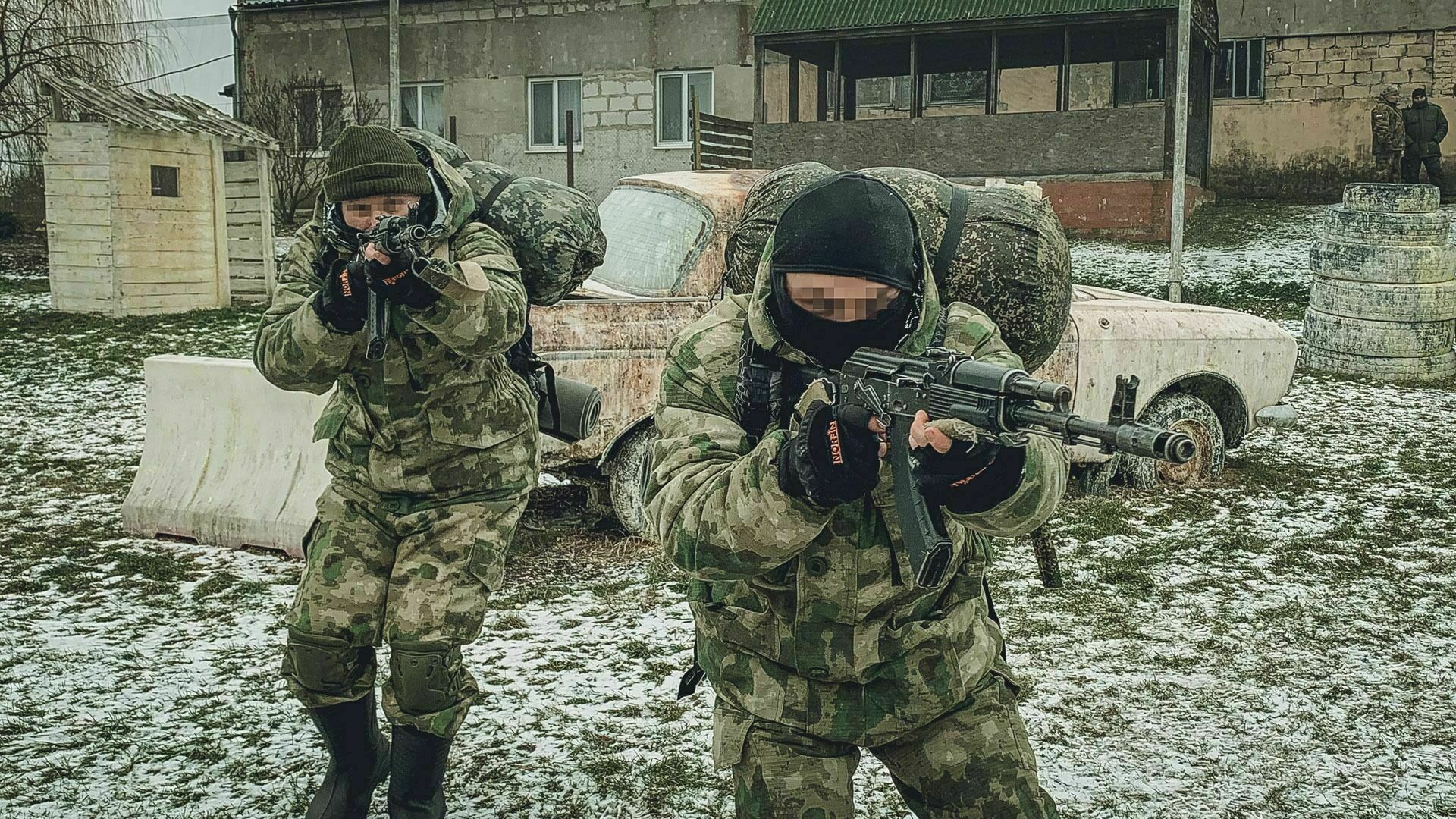Posted 8 марта 2023, 09:09
Published 8 марта 2023, 09:09
Modified 8 марта 2023, 13:33
Updated 8 марта 2023, 13:33

Experts argue how to integrate SMO participants into society
In his message to the Federal Assembly, Putin, as you know, paid special attention to the fate of the participants of the SMO. According to the experts of the Nezygar channel, one of the main domestic political tasks of the Kremlin is to integrate them into public and political life, including to prevent opposition manifestations and protests on their part, as happened in due time with Afghan veterans.
If you don't work with them, they will be dangerous
Thus, political scientist Ilya Grashchenkov draws attention to the oppositional potential of veterans:
"Participation in hostilities forms a certain identity. We have already faced this in the late 80's-early 90's - then a lot of people who went through the Afghan war turned out to be in power. We are talking about people who are faced with the so-called frontline truth.
These representatives of society can no longer be indifferent performers, they become passionaries who are trying not just to change the world, but also to fit their own truth and their own ideals.
The arrival of such people in the authorities or their election as deputies can lead to a serious renewal of the opposition - precisely from the point of view of its change from a certain liberal discourse to a military-patriotic one. It may not be safe for the current government. That is why it is necessary to work with them, to outline the "red lines", to explain why a certain truth should not become the subject of speculation..."
Veterans will have no time for protests
Yekaterina Kolesnikova, director of the Center for the Study of Management Practices and Monitoring of Socio-Political Sentiments, on the contrary, believes that the risks of the emergence of protest/opposition movements, whose participants will be ex-participants of their own are very low:
"Can you imagine what an ordinary soldier who has returned from a combat zone is like? What needs will he have in the first place? Getting medical and psychological help and a speedy return to normal life.
The most common forms of participation in public and political life now are representation in legislative bodies at all levels and the organization of specialized social movements. And the public figures who passed along the tangent of the front line, who helped the rear, will rather want to realize themselves in this field..."
There are no free places in the regions for them yet
Political consultant Alexander Semenov is sure that easy integration of veterans into society will not work:
"It is natural that the Kremlin will integrate its participants into public and political life. Everyone understands that participation in SMO is becoming almost the only social elevator in the new conditions. But questions arise.
Firstly, at the regional and local levels, everything has been defined and divided for a long time, and therefore the question arises about how regional and local elites will react to new players in the face of the participants of their own.
Secondly, the question also lies in the extent to which the participants of the SMO are ready to be involved in the specifics of Russian domestic policy, especially at the level of regions and municipalities. They require serious, substantial preliminary training and consulting support..."